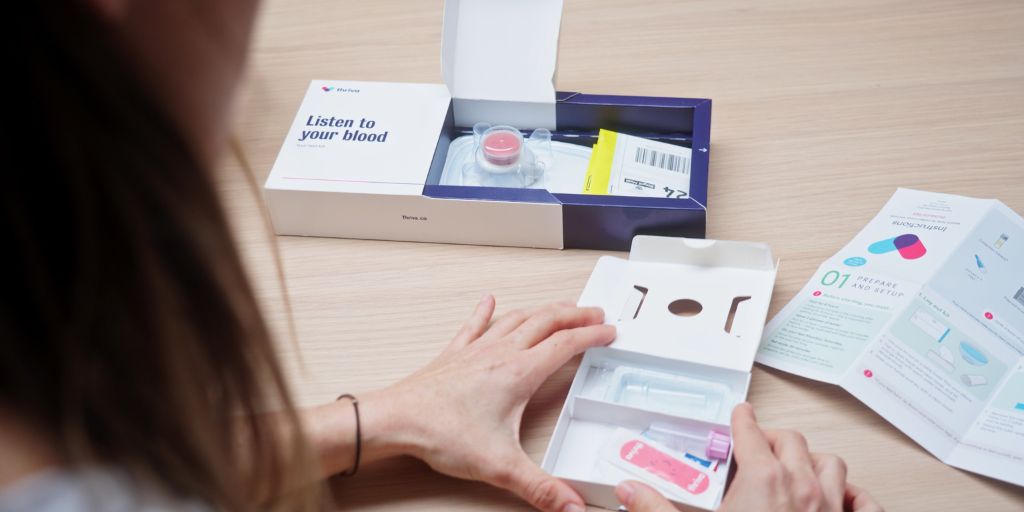
At-home health tests have gained a major spotlight after a recent BMJ publication raising concerns over unreliable supermarket self‑testing kits. The coverage highlighted accuracy as a key point of contention, and raised important questions about public trust, health information and the importance of clinical expertise. Other recent health technology stories also point to a gap between flashy consumer tech and clinically‑robust tools that genuinely improve health.
The recent study and reporting raises valid concerns about regulation, accuracy and the potential for harm when tests are sold without adequate clinical oversight. But it’s vital to distinguish between point-of-care (POC) tests – which provide instant results at home – and professionally analysed samples processed in accredited central laboratories.
The tests sampled in this study are point-of-care devices. These often claim to diagnose specific conditions from a single measurement, giving results on the spot without context or follow-up – a model that risks oversimplifying complex health issues.
Companies, like Thriva, take a fundamentally different approach and it’s important to make the distinction. Capillary blood samples are analysed in UKAS-accredited laboratories operating to ISO 15189:2022 standards – the same benchmark used across the NHS. Every part of the process is validated by a diagnostics partner Inuvi, including postal stability, biomarker comparability with venous blood, and overall clinical reliability.
More importantly, these aren’t rapid, one-off diagnostic tests. They support people to track key health metrics over time – such as HbA1c, LDL cholesterol and vitamin D – so they can spot trends early, make proactive changes, and monitor the impact. This is backed up with robust clinical support – every result comes with a personalised GP report, tailored recommendations focused on sustainable lifestyle change, and the option to speak with a doctor.
Recent data show that receiving blood-test results through an app can prompt people to radically change their lifestyles, confirming that at-home blood testing has an important role in healthcare. But we must back the right model. Platform-based services that unite clinically validated lab analysis, AI-driven personalised insights and GP oversight are far superior, offering ongoing guidance instead of one-off readings. By turning data into daily, actionable prevention, these integrated systems will positively impact both individuals and the wider healthcare system.
The future of health lies in empowering people with accurate data and expert guidance that allows them to take a proactive approach to their own health – not in unregulated one-off diagnoses. As echoed in the government’s recent NHS 10-year plan, there is a strong belief in a shift towards preventative care as a more sustainable and cost-effective way to improve population health. Stronger regulation across the sector is needed to ensure that all at-home testing meets the highest clinical standards.











